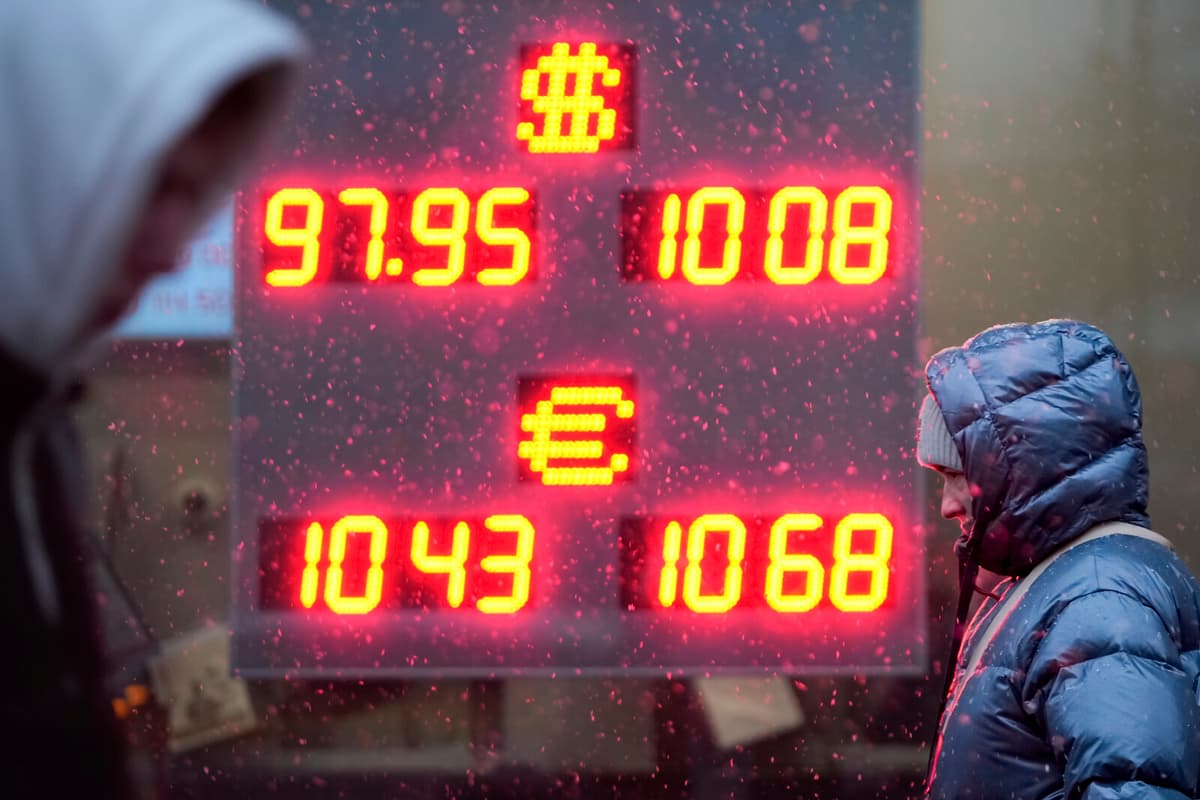Russian banks have given large loans to the Russian defense industry in recent years. With interest rates under market conditions despite high credit risk.
There has been a lot of pressure from the regime on the banks to keep the taps open and allow loans, says Anders Olofsgård, deputy head and lecturer at the Institute for East European Economics at the Stockholm School of Economics.
The loans to the defense industry are an important part of the Russian war chest. One reason the banks have accepted the loan requirements is that the Russian state has provided guarantees of support if needed. Even in 2017, the Russian state had to step in and save several banks that had mainly lent large sums to the defense industry.
Now it's similar but on an even larger scale.
Risk of rush
The banks are also being pressured because many Russians are having trouble paying their housing and private loans after the interest rate has been raised to record levels. According to Moscow Times, the proportion of people seeking support for their loan costs has increased sharply during the year.
Anders Olofsgård says that the population's confidence in the financial system is important to avoid the risk of a bank run.
When people rush to get their savings out, things go fast.
But after the Russian central bank's latest interest rate cut, most of the country's banks have seen an outflow of capital, writes Moscow Times. According to the newspaper, rumors are circulating that the Russian state could potentially reduce the opportunity to withdraw money. The rumor has also been strengthened by the fact that the Russian police have recently been given extended powers to freeze bank accounts without a court decision.
Banks need support
At the same time as the Russian central bank claims that problem loans only account for 5.7 percent of loans, there are clear signs that the banks are increasingly pressured by bad loans. According to sources for Bloomberg, at least three of the major banks are discussing seeking state support in the coming year to handle the amount of bad loans.
The risk that someone will be allowed to go bankrupt immediately is quite small, since one is very aware of what the consequences can be for the entire financial sector.






